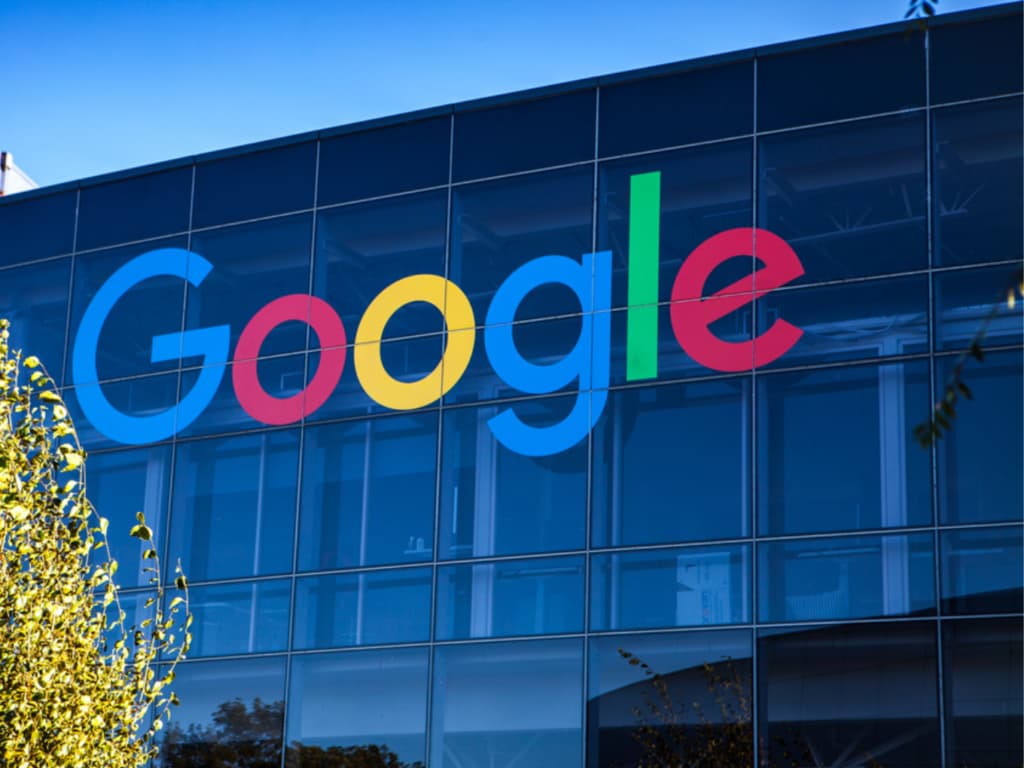The Alliance of Digital India Foundation (ADIF) has said that despite the changes announced by Google to its Play Stores policies in India to comply with the directives of the Competition Commission of India (CCI), the tech giant is non-compliant with the competition watchdog’s order.
The think tank, which represents India’s digital startups, in a note said that app developers still need to pay 11/26% commission to the US-based company under its ‘user choice billing system’.
“Google is non-compliant with CCI’s remedy on ‘not imposing any condition (including price related condition) on app developers, which is unfair, unreasonable, discriminatory or disproportionate to the services provided,” the ADIF said.
The industry body’s comments came after Google said in a blog post last week that through user choice billing, developers can now offer users the option to choose an alternative billing system alongside Google Play’s billing system when purchasing in-app digital content. User choice billing will be available to all apps and games starting February, it said.
The US-based tech company announced several other changes to the way it operates its Android operating system for smartphones and app marketplace Google Play Store in India to comply with the CCI rulings after both NCLAT and the Supreme Court declined to give any relief to Google from the CCI’s orders.
The antitrust regulator slapped a cumulative penalty of INR 2,273 Cr on Google in two separate rulings last year on market dominance in the Play Store and Android space.
In the Play Store case, the CCI slapped a fine of INR 936 Cr in October last year for its in-app payments policy. The regulator also directed the tech giant to “not restrict app developers from using any third party billing/payment processing services”.
Besides user choice billing, Google also said that it would expand its online resources to provide more details on services provided by Google Play and when the app marketplace’s fee applies.
However, the ADIF said that the tech company has limited alternative payments only to the purchase of in-app digital content and not app downloads and it is silent on ‘not imposing anti-steering provisions on app developers’. Besides, the industry body said that Google hasn’t responded on ‘having a clear and transparent policy on data that is collected on its platform, use of such data and the potential sharing of such data with app developers’.
In the Android case, the CCI imposed a penalty of INR 1,337.76 Cr on Google in October 2022 for forcing smartphone makers to install Google Mobile Suite on every Android mobile device, which was deemed as a misuse of market dominance and creating virtual monopoly. Android powers over 95% of smartphones in the country.
In its announcement last week, Google said that original equipment manufacturers (OEMs) or smartphone makers will now have the choice to licence individual Google apps for pre-installation on their devices and users will have the option to choose their default search engine while setting up new Android devices.
The tech giant also said that it would make changes to the Android compatibility requirements for its partners to build forked variants.
However, ADIF pointed out the following issues with the changes announced for Android:
- Google’s blog post does not give any clarity on whether users will be able to easily change the default settings in their devices, in minimum steps possible
- No clarity by Google on CCI’s remedy detailing ‘Google shall not offer any monetary/ other incentives to, or enter into any arrangement with, OEMs for ensuring exclusivity for its search services’
- No clarity by Google on CCI’s remedy detailing ‘Google shall not restrict uninstalling of its pre-installed apps by the users’
- Google has not given any assurance that it will not continue showcasing multiple security warnings which discourages an average user from downloading any app through side loading.
- It does not address the issue of freedom given to OEMs for placement of apps
- Google has not stated that it will not impose Anti-Fragmentation Agreement (AFA) and Android Compatibility Commitment Agreement (ACC) obligations on OEMs.
The ADIF’s comments came after the tech giant filed a modification plea in the Supreme Court last week saying that the latter did not record the full extent of its offer.
